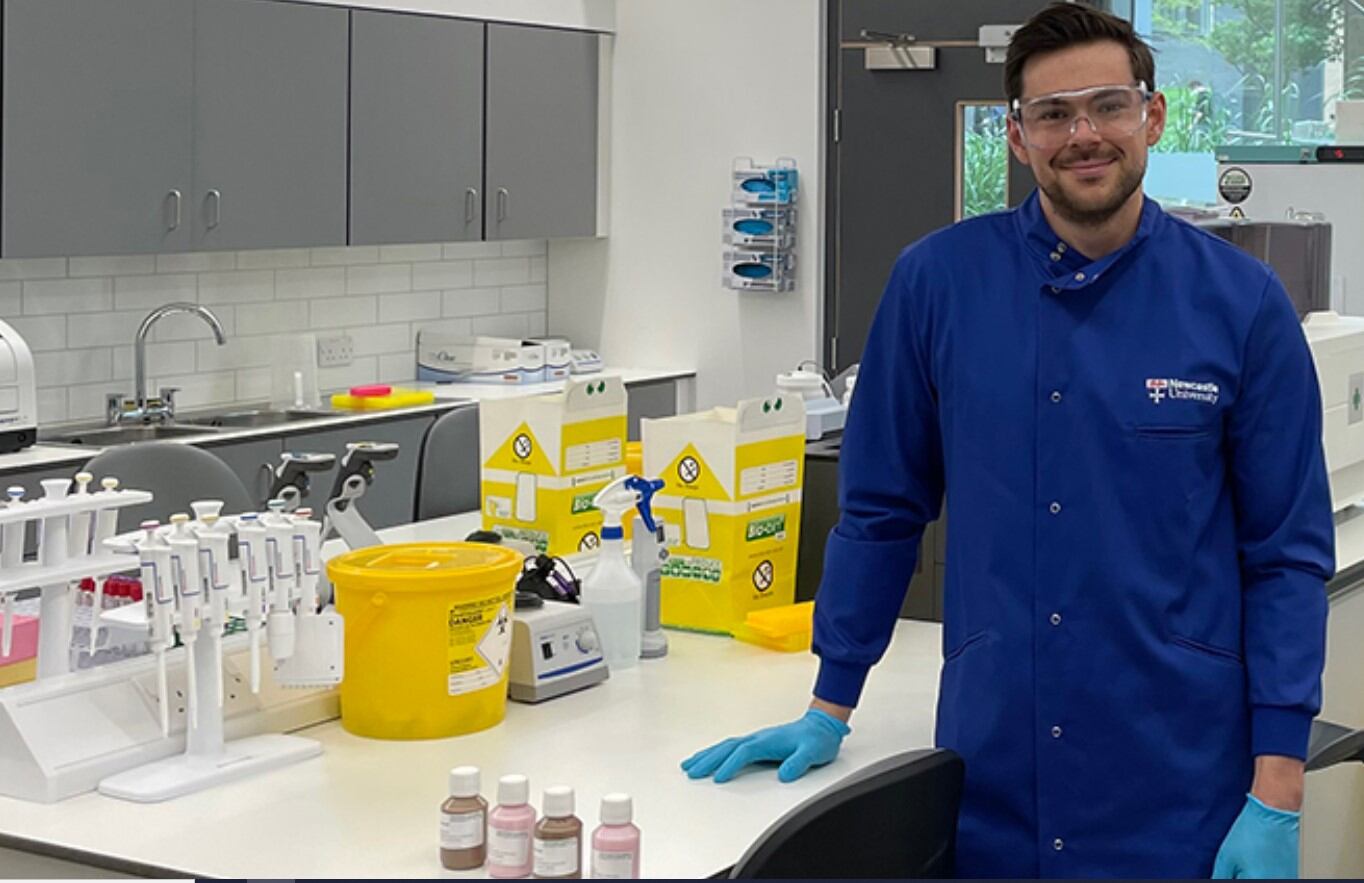Findings reveal that a premeal WP shot containing 15 grams (g) of protein reduces daily hyperglycaemia episodes, where on average subjects had two extra hours a day of normal blood sugar levels.
“We believe the whey protein works in two ways, firstly, by slowing down how quickly food passes through the digestive system and secondly, by stimulating a number of important hormones that prevent the blood sugars climbing so high,” says Dr Daniel West, Senior Lecturer and Principal Investigator working within the Human Nutrition Research Centre and Diabetes Research Group at Newcastle University.
“As we see growing numbers of people around the world developing diabetes, investigating the potential of alternatives to drugs such as food supplements becomes more important.”
Study protocol
In the randomised, placebo-controlled, single-blind crossover design, 18 individuals with type 2 diabetes consumed a ready-to-drink WP shot (15 g of protein) or a nutrient-depleted placebo beverage 10 min before breakfast, lunch, and dinner over a seven-day period.
Glucose control was measured, monitored and then determined by the percentage of time spent above range (above 10 mmol/L), in euglycemic range (3.9–10.0 mmol/L), below range (below 3.9 mmol/L) and mean glucose concentrations.
Findings revealed the WP supplementation reduced the prevalence of daily hyperglycaemia by 8% (30%vs 38%) thereby enabling a 9% (approx. 2 hours/day) increase in time spent in euglycemia, the study states.
Mean 24-hour blood glucose concentrations were 0.6 mmol/L lower during WP compared with placebo.
Similar improvements in glycaemic control were observed during the waken period with premeal WP supplementation.
Further findings revealed nocturnal glycaemic control was unaffected. The team reported supplemental compliance/acceptance was high (above 98%), and no adverse events were reported.
“People were able to stick to the regime and liked the idea of having a convenient, tasty, small pre-made drink that could be carried with them and taken before meals,” explains Newcastle University PhD student, Kieran Smith.
In the study’s discussion, the research team acknowledges the difficulty in putting forward mechanisms associated with their findings.
“Prior literature has demonstrated that a WP preload of similar amounts (15–20 g) elevates GLP-1 above preprandial concentrations for ~180 min following ingestion of a meal,” they suggest.
GIP & PPG
The ingestion of WP also modestly stimulates the secretion of glucose-dependent insulinotropic polypeptide (GIP), the team adds, though its relevance to the observed improvement in glycaemic control is “likely minimal since endogenous GIP has little to no effect on postprandial glycemia (PPG) in individuals with T2D.”
“It is possible that diurnal increases in GLP-1 secretion from thrice daily WP supplementation may have enhanced β-cell glucose sensitivity and delayed the rate of gastric emptying,” the team writes.
“This could slow the systemic appearance of meal-derived glucose and augmenting an efficient islet response.”
“Considering the regulation of PPG displays a clear circadian pattern, whether a low dose of mealtime WP supplementation is sufficient to augmenting a PPG-lowering milieu to meals consumed later in the day is unclear and requires future study.”
Source: BMJ Open Diabetes Research & Care
Published online: Doi: 10.1136/bmjdrc-2022-002820
“Thrice daily consumption of a novel, pre-meal shot containing a low dose of whey protein increases time in euglycemia during 7 days of free-living in individuals with type 2 diabetes.”
Authors: Daniel West et al.

